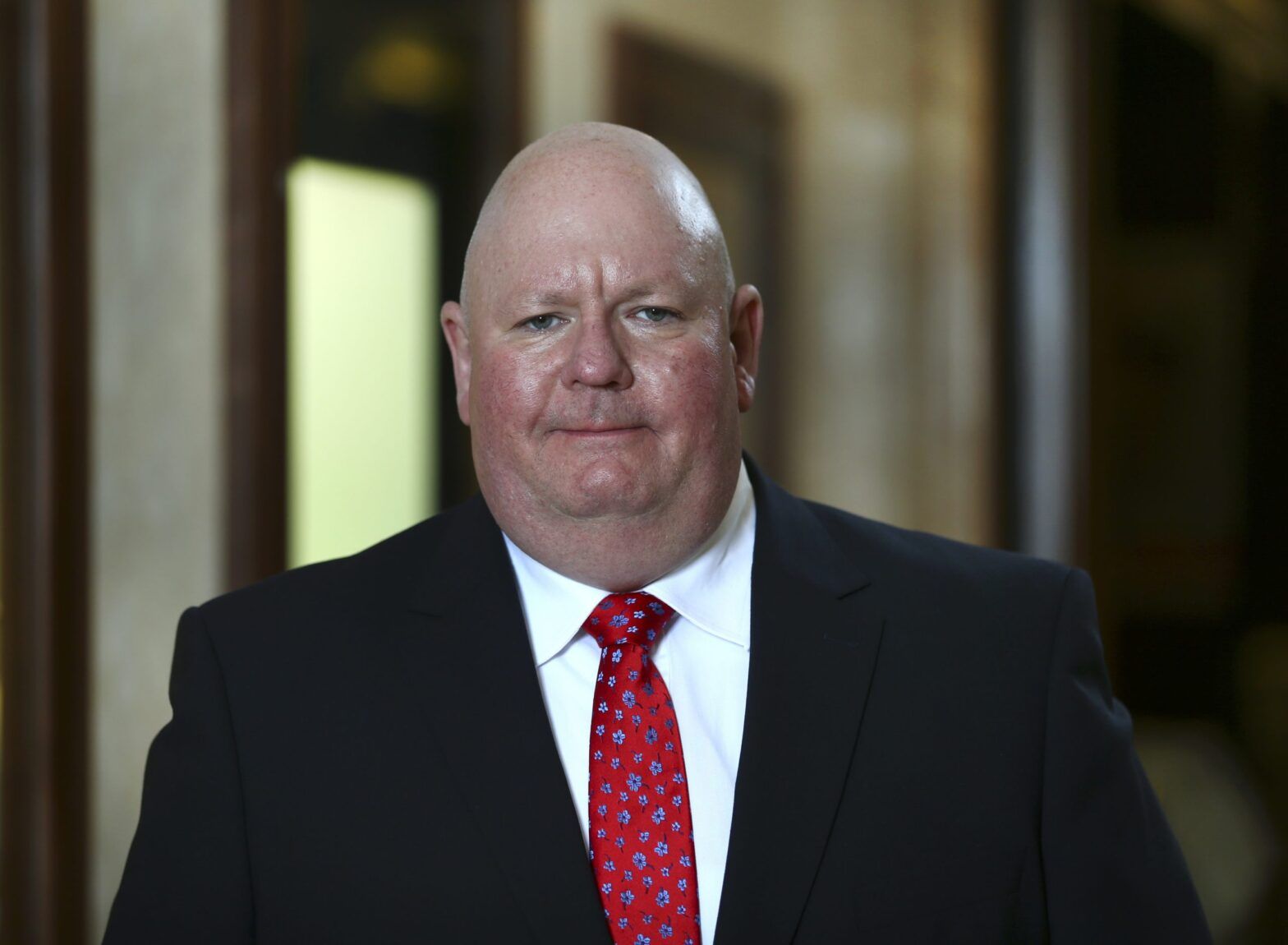In the good old days, the name of a mutual fund gave investors a clear hint about the investment objective and/or strategy of the fund.
Unfortunately, these days are over, and fund names have become another tool in the toolbox for product marketing.
This means that product managers are seeking fund names which are catching the interest and, with this also, the money of investors. To achieve this, fund names often include buzzwords which are related to a market and/or investment trend.
Therefore, it is no surprise that regulators around the world have begun to increase the pressure on the fund industry with regard to the use of sustainability-related terms within the fund name, as this could be misleading for investors.
See also: – All Detlef Glow’s articles for ESG Clarity
In the EU, the European Securities and Markets Authority (ESMA) proposed a guideline in which a fund will only be able to use ESG-related terms in its name if 80% of its investments meet environmental or social characteristics or sustainable investment objectives.
In addition, funds which use “sustainable,” or words derived from this, in their fund name would need to meet an additional 50% threshold—as part of the 80% threshold—specifically related to sustainable investments. Investments that lie outside these thresholds must abide by the exclusion criteria applicable to Paris-aligned benchmarks in the EU’s Benchmark Regulation Delegated Regulation
In the UK, the Financial Conduct Authority (FCA) is working on the introduction of a rule that won’t allow funds which do not meet the criteria of one of the three investment labels for funds (sustainable focus, sustainable improvers, sustainable impact) to use sustainability‑related terms in their naming or marketing, including ESG integration strategies.
In the US, the Securities and Exchange Commission (SEC) proposed an extension to the existing “fund names rule” to investments suggested in a strategy’s name, requiring that 80% of a fund’s assets adhere to the approaches specified in the fund name. The proposed change aims to minimize the room for interpretation by giving clear specifications and will not only applicable for fund names which include one or more ESG factors, but also for strategies using growth, value, geography, or industry/sector approaches.
From my point of view, the name of a mutual fund (or an ETF) should follow the concept of product truth and clarity. This means the fund name should have a clear reference to the investment objective and should not relate to any product features, like general ESG credentials, which may or may not be used in the portfolio management process of the respective fund.
Therefore, I personally appreciate the initiatives by the regulators around the globe, as this will help to avoid green- and/or impact-washing and hence increase (retail) investor protection, as the fund name may, especially in the segment of sustainable investment products, no longer be used as marketing tool.








